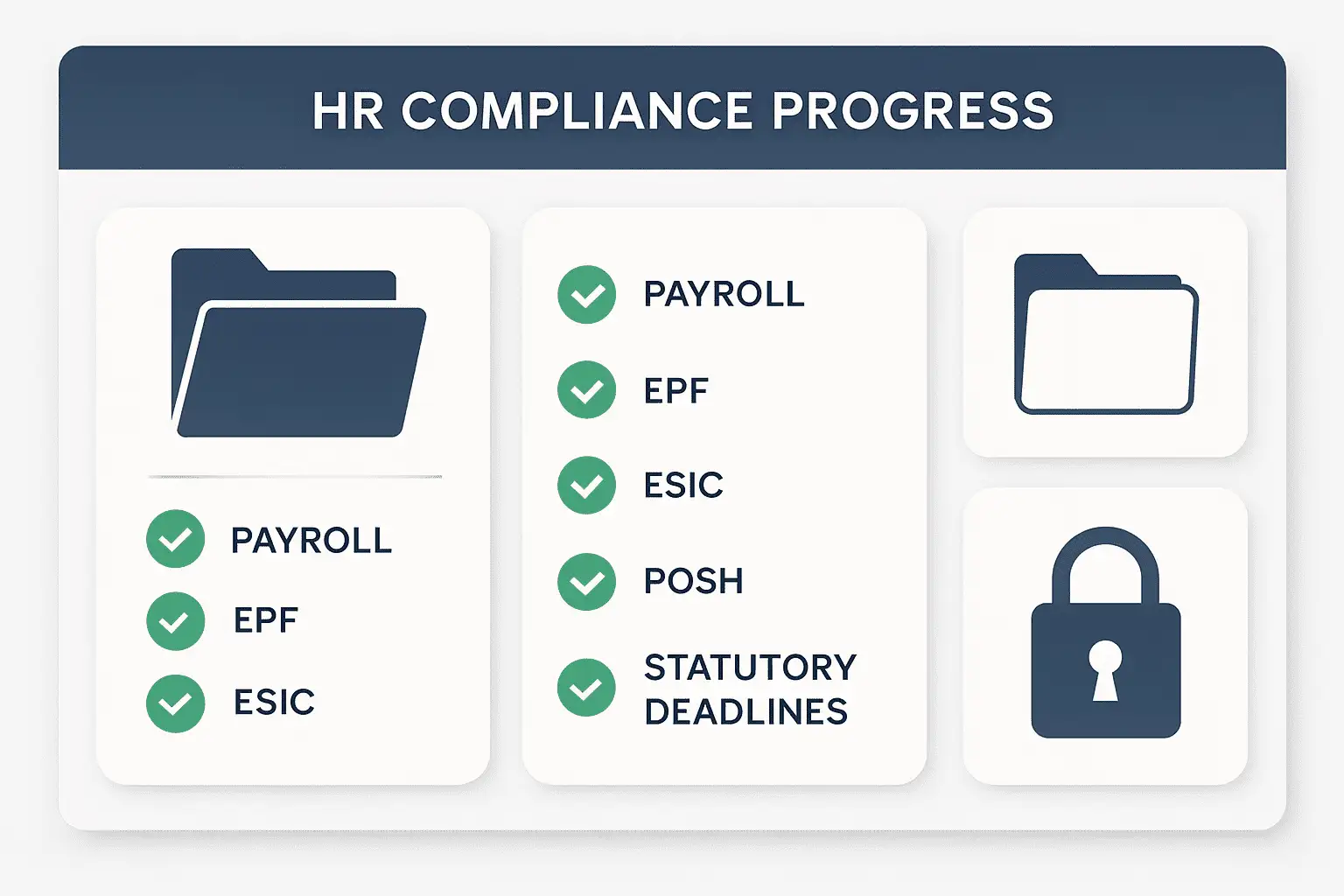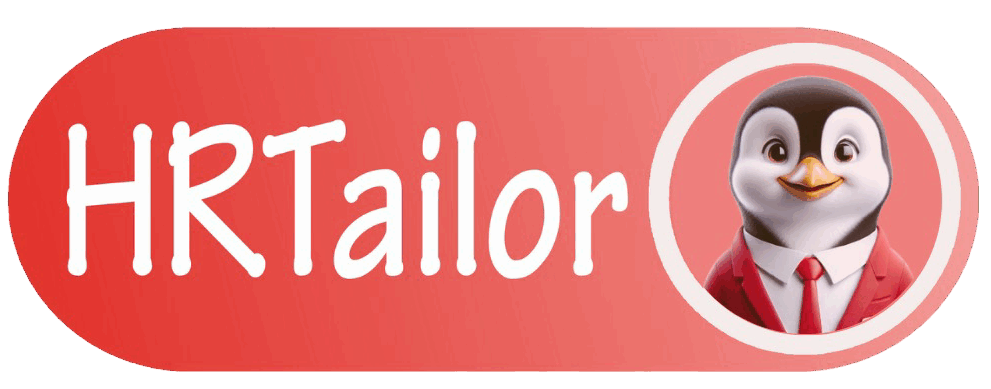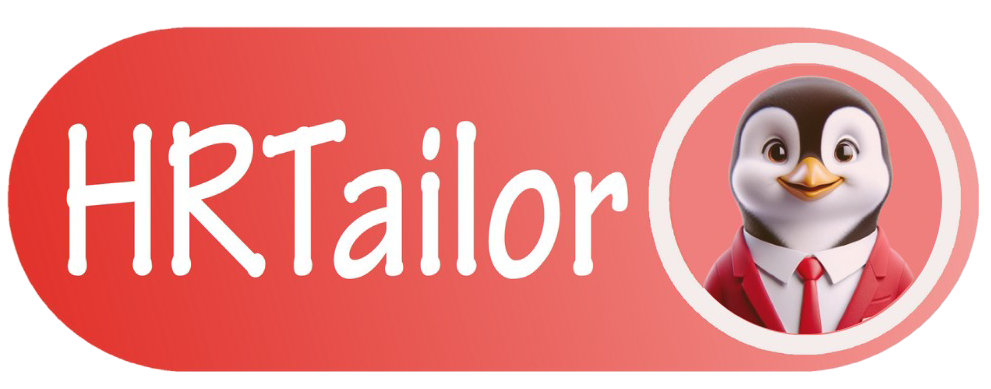
The Only HR Compliance Checklist India-Based Businesses Need
As we move deeper into 2025, Indian businesses face a growing list of HR-related regulations. From labor reforms to gender safety, payroll filings to welfare contributions—compliance is no longer a quarterly task, but a daily responsibility. What’s more, regulators are using digital tools to flag non-compliant companies faster than ever before.
So, how do you make sure your business stays one step ahead? Start by building a robust, easy-to-follow HR Compliance Checklist tailored to Indian laws, state rules, and modern workforce expectations.
1. Comprehensive Employee Documentation
Before anything else, your HR files must be airtight. Every employee record should be:
Digitally stored and backed up
Fully compliant with ID, address, and bank verification standards
Accompanied by signed contracts, policy acknowledgment forms, and statutory declarations
Key inclusions:
PAN, Aadhaar, and bank details
Form 11 (PF Declaration)
ESIC declaration (if applicable)
Nomination forms for gratuity and PF
Background verification results
Copy of offer and appointment letters
Tip: Use an HRMS platform to centralize all records and avoid physical file management.
2. Statutory Registration Checklist
Every business must be registered under applicable employment laws. Depending on your size and type, this could include:
EPFO (Employee Provident Fund Organisation) – Mandatory if you have 20 or more employees.
ESIC (Employee State Insurance Corporation) – Mandatory if wages are ₹21,000/month or less.
Professional Tax – State-specific registration is required where applicable.
Shops & Establishment Act – Must be registered in each operating state.
Gratuity Act – If you employ 10+ people, registration is compulsory.
Labour Welfare Fund – Deducted and deposited as per state guidelines.
POSH Act – Requires Internal Committee formation and annual filing.
Missing even one of these registrations can lead to hefty penalties, show-cause notices, and business disruptions.
3. Timely Statutory Filings and Payments
One of the most common compliance failures? Missing statutory deadlines. In 2025, most filings are digitized and tracked by PAN or GSTIN—making it easier for regulators to monitor defaults.
Here’s a standard monthly and quarterly calendar you should follow:
Monthly
EPF deposit & ECR filing – by the 15th
ESIC contribution – by the 15th
TDS deduction & deposit – by the 7th
Professional Tax (varies by state)
Payslip issuance with detailed components
Quarterly
TDS returns
Performance bonus distribution records
Leave and attendance reconciliation
Annually
Bonus calculation and payment (under Payment of Bonus Act)
Gratuity calculation and nominations
Labour Welfare Fund contributions
POSH Annual Return to the District Officer
Tip: Use calendar reminders or compliance software to avoid delays.
4. Wage and Working Hour Regulations
Your company’s salary and leave policies must comply with:
Minimum wage notifications (state-wise)
Overtime rules (double payment after 9 hours/day or 48 hours/week)
Leave policies (earned, sick, casual) as per the Shops & Establishments Act
Also, upcoming Labour Codes are expected to enforce new definitions of wages and leave rules. It’s wise to keep your internal policies pre-aligned to these changes.
Common mistakes:
Ignoring revised minimum wages
Misclassifying interns or freelancers
Offering fixed CTC but inconsistent variable payouts
5. POSH Compliance—Not Just a Formality
The Prevention of Sexual Harassment Act mandates strict adherence for all companies with 10 or more employees (including remote teams).
To stay compliant, you must:
Form an Internal Committee (IC) with at least 1 external female member
Train all IC members annually
Conduct employee sensitization sessions
Display the POSH policy prominently
File an annual report to the District Officer
Failing to comply isn’t just unethical—it can lead to lawsuits, license issues, and reputational damage.
6. Internal HR Audits
Even with a checklist, errors happen. That’s why internal audits are essential. At least twice a year, your HR or compliance team should:
Cross-check payroll against statutory deductions
Verify document completeness for all employees
Review policy updates in line with state and central changes
Test POSH and grievance redressal processes
Some firms also run mock audits to prepare for external inspections or investor due diligence.
7. Digital Recordkeeping and Automation
In 2025, physical records are rapidly becoming obsolete. Not only are digital systems more secure and auditable, they also integrate with payroll, leave, and compliance workflows.
Modern HRMS platforms help:
Auto-generate payslips and compliance reports
Track statutory filing deadlines
Notify you of state-level updates
Maintain a paperless employee record system
What This Means for Your Business
A well-executed HR Compliance Checklist isn’t just a legal shield—it’s a sign of operational excellence. It reflects your company’s culture, professionalism, and respect for employee rights. More importantly, it helps you attract investors, clients, and top-tier talent who prioritize ethical work environments.
For businesses that want to simplify co mpliance without losing control, working with trusted partners is a smart move. At HRTailor, we help you manage every aspect of HR compliance—seamlessly integrating statutory tasks into your HR flow. With digital tools, expert HR support, and timely alerts, we make sure your business is always prepared and never penalized.

